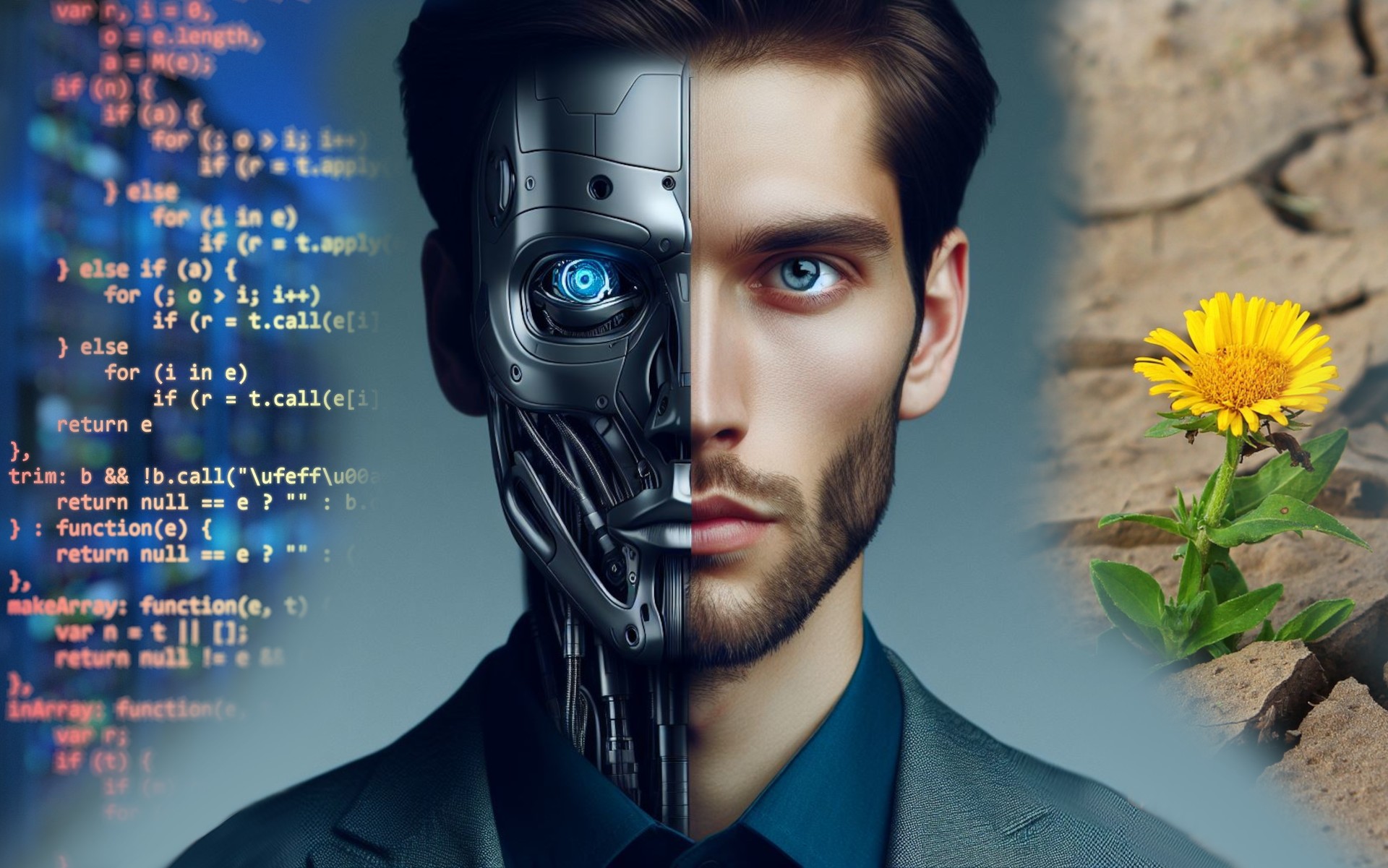The Truth about Artificial Intelligence: How it will impact the future of humanity; And how can you prepare
Understand How Artificial Intelligence Is Changing Society, Its Advances and How to Prepare for the Future
- 7 min de leitura

Marcus é o fundador da Seletronic. Além disso, é programador, e editor no site. Ama ajudar as pessoas a resolverem problemas com tecnologia, por isso criou esse site. Segundo ele: "A tecnologia foi feita para facilitar a vida das pessoas, então devemos ensinar a usá-la". Apesar de respirar tecnologia, ama plantas, animais exóticos e cozinhar.
